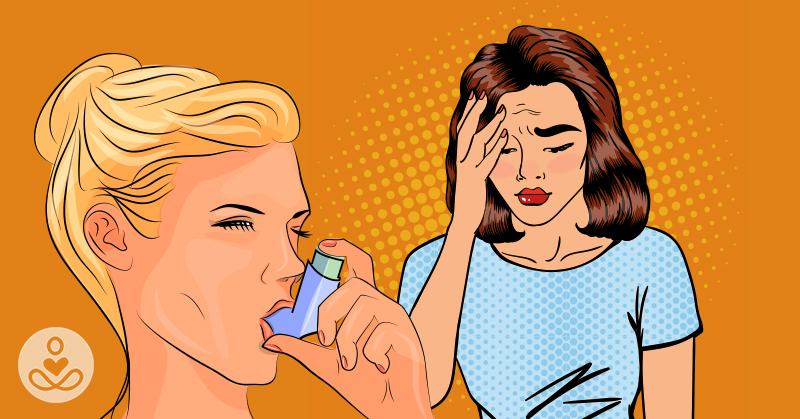Are you giving yourself a heart attack? Although it might seem like circumstances that are out of your hands are the biggest factors in sudden heart attacks, in fact, it is possible to trigger your own heart attack with a number of poor decisions you make every day. What’s most important is that you know how to decrease your risk of heart attack healthily and naturally. The following are common (although not well known) heart attack triggers and the tips you can use to help counteract them.
13 Heart Attack Triggers (and Solutions)
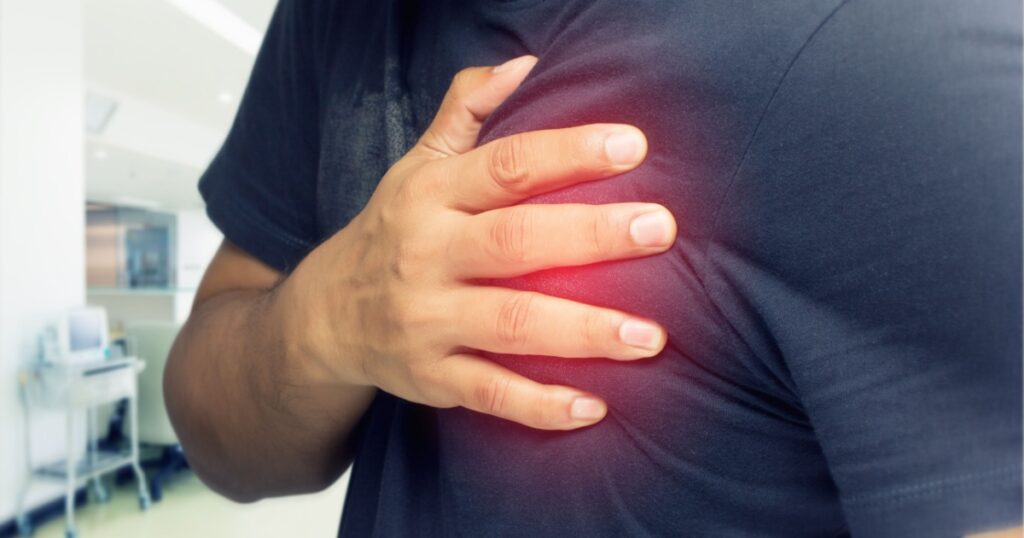
These triggers can affect you over a long period or in an instant. Either way, here are things you need to keep in mind.
1. Cold Weather

When we go out into the cold to shovel, for example, our arteries tend to constrict. As they get smaller, the heart needs to work overtime to keep pushing blood through our body to keep us warm. If it’s forced to work too hard on a particular day, you could end up a snow angel. Literally. Solution: Dress for the weather no matter how goofy or puffy you might look in your grandfather’s parka and those clunky boots. Shoveling is tough and tiring work and sends 11,000 people to the hospital every year, 7% of whom have cardiac problems (and most of them are heart attacks).
2. Gum Disease
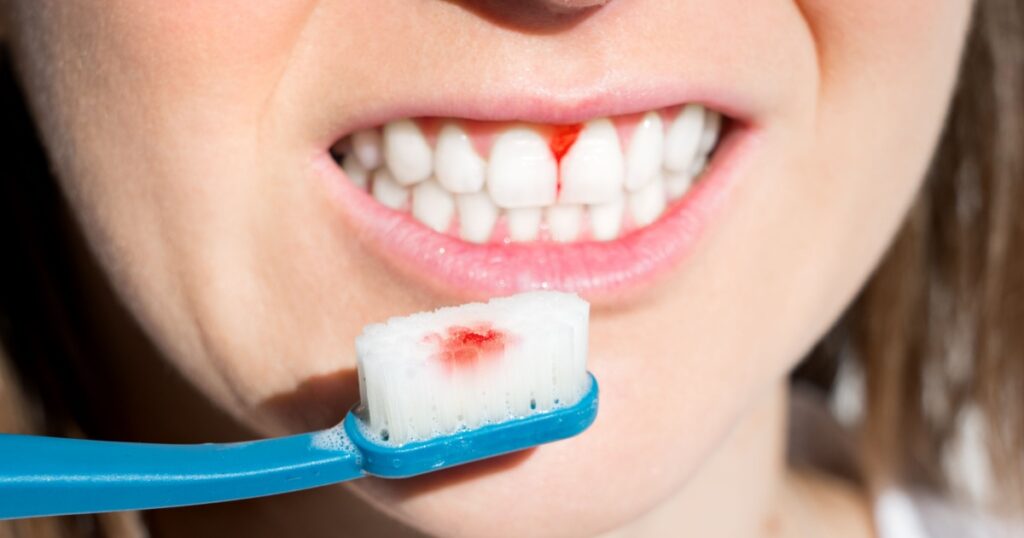
This infection can cause bacteria to enter the bloodstream. Once in the bloodstream, it latches onto fatty deposits in blood vessels which can cause clotting and may result in a heart attack. Solution: Start to floss your teeth! So much food gets trapped between your teeth and gums and flossing helps lessen the risk. Some natural home remedies like gargling with salt or oil pulling also help kill infections that may lead to heart attacks.
3. Lack of Sleep

Failing to get enough sleep on a daily basis can make you tired, and miserable, and even increase your heart attack risk. According to one study, getting less than 6 hours of sleep a night can double your likelihood of getting a heart attack compared to sleeping for up to 8 hours. Solution: Everyone’s schedules are different, so it can be challenging to find a sleeping habit that works best for you. But try to find something (e.g., yoga) to help you get the sleep your body needs. Lack of sleep can result in heightened blood pressure and inflammation, so some necessary z’s can go a long way.
4. A Large, Heavy Meal

Imagine if 26 hours after you ate your favorite meal, your heart stopped. Studies reveal that heart attacks can happen within just over a day of eating a large, heavy meal. They say that it could be due to an increase in norepinephrine levels, a hormone that may increase heart rate and blood pressure. Solution: Don’t eat so much so quickly! For starters, try and incorporate healthier portions into your daily cooking. And if you’re someone who eats healthy, there’s always room to eat smarter.
5. Air Pollution and Car Exhaust
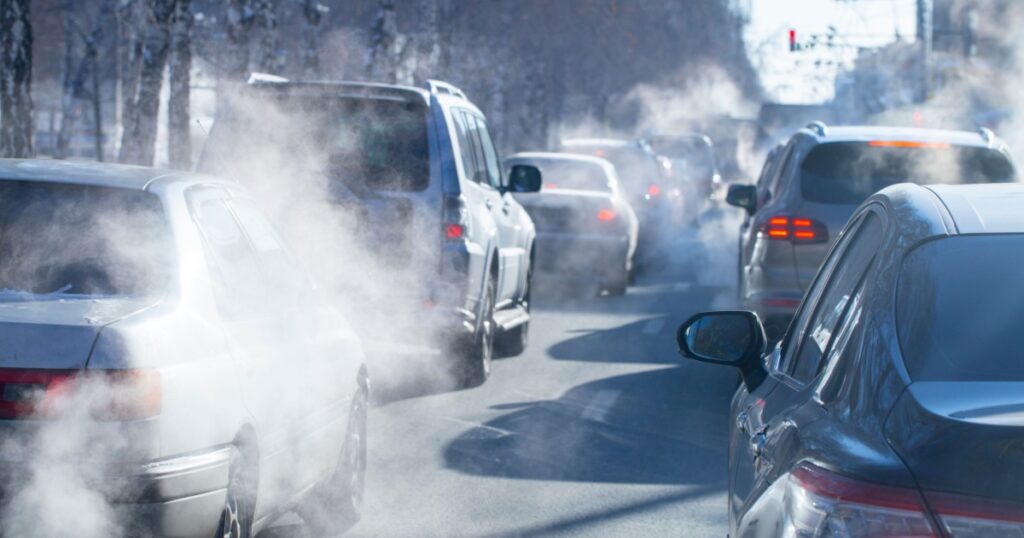
Our vehicles’ exhaust fumes release tiny particles that can cause damage to our hearts. In diesel fuel, specifically, researchers found particles that increase our risk of clotting, which is known to cause heart attacks. Solution: The solution for this trigger is simple in theory but more complicated than you may think. Using alternative (or green) energy when it comes to transportation would be fantastic for our planet and us. Some things you can do is carpool, bike, or take public transportation! These plants may also help clear out toxins in the air and add a splash of color to your home.
Read More: 5 of The Best (and Worst) Foods For Heart Failure
6. Strong Emotions (Negative or Positive)

Polar opposite emotions can negatively impact your electrical heart impulses. This involuntary increase in your heart rate and blood pressure can lead to a heart attack relatively quickly. Recent research about grief has revealed that a person’s risk for a heart attack is highest during the first 24 hours of experiencing great loss. With such immediate impacts, knowing how to respond is vital. Solution: Practice breathing deeply because it can help calm your heart rate in times of intense emotions. We understand that sometimes things will happen that result in immediate, unconscious reactions that can be good or bad. In those times, a reliable support system (e.g., counselors, friends, family members) can really help get you through or over those intense feelings.
7. Canned or Processed Food
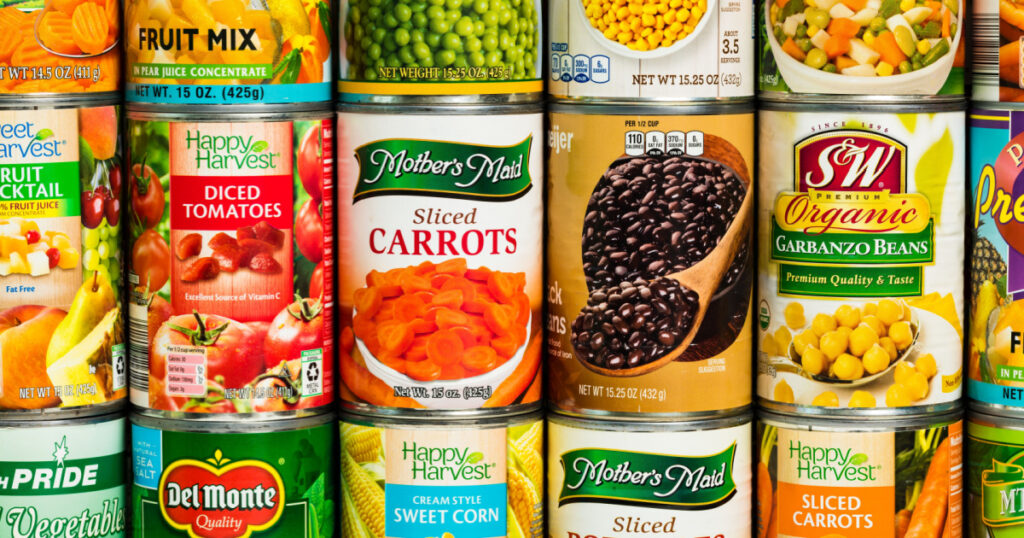
With these foods, sodium is what you should look out for. Sodium content in these products tends to be extremely high. If you eat processed, pre-packaged foods often and enough, you may be putting yourself at risk of high blood pressure which can lead to strokes or heart attacks. Solution: You may be watching the fat, calories, and carbs of your meals, which is good. Don’t stop doing that. However, cutting salt is just as important, if not more than the others. In fact, the type of salt matters too, so be sure to do your research.
8. Migraine Headaches

If you’re a victim of headaches or migraines early in life, the likelihood of getting a heart attack increases later in life. Researchers suggest that people who get auras (seeing, hearing or feeling things along with a headache) have a stronger link to heart problems. Solution: There are natural remedies such as essential oils or homemade drinks that can help fight migraines. You can also do some of these stretches to help relieve yourself from headaches.
9. Getting Out of Bed

This one sounds frightening because it’s something we do every day – something we have to do every morning. But whatever the reason, heart attacks occur more in the morning than at any other time of day. When we wake up, our brains flood us with hormones. Even though this is a natural body response, it can still put stress on our hearts. After a whole night of moisture leaving our bodies, we can wake up dehydrated, which in turn increases the heart’s workload. Solution: Make sure you get a good night’s sleep so that when it is time to wake up, you aren’t rushing and immediately stressed. Another great thing to do is drink a glass of water before you go to sleep. You can go a step further and fill another one up and place it on your bedside table to you can rehydrate first thing in the morning.
Read More: Is Broccoli Better Than Cauliflower? The Real Truth About Cancer Risk, Heart Health and More
10. Cold or Flu

If you’re suffering from a cold or flu, your vulnerable immune system can fight quite hard against the bug. Unfortunately, sometimes this fight can lead to inflammation that damages your arteries and heart. According to some research, if you have a respiratory infection, your likelihood of getting a heart attack increases by 2 times. However, after you’ve been cleared of the cold or flu for a couple of weeks, your risk levels go down again. So you’d be wise to take care of your body and boost your immune system as best you can! Solution: One possible way is to try and see which flu strain(s) you’re vulnerable to. Other times, no matter what you do, you end up getting sick. But homemade remedies using cinnamon and honey or the best ginger-garlic soup can help you fight those illnesses fast and naturally.
11. Alcohol

A glass of red wine can have some amazing health and heart benefits, but it can damage your heart if you drink too much. Heavy drinking can raise your blood pressure, cholesterol, and weight over time. If you don’t monitor those three things, they could result in heart damage and possibly heart attacks. Another study observed the short-term effects of binge drinking and found that it increases your chances of getting a heart attack for a week. Solution: Simple answer? Drink less alcohol. Instead, check out this list of non-alcoholic drinks that are still just as awesome.
12. Unexpected or Intense Physical Exertion

There is no doubt that exercise is beneficial for your overall health. But jumping into unrealistic workout goals with little physical or mental preparation can be quite a rude awakening. Sudden and strenuous physical activity may lead to a heart attack. Some examples of these include playing sports, running, hunting, and sexual activity. Solution: Your ambition is awesome and we hope you never lose it! But when it comes to your health, safety always comes first. Whether you’re playing with your kids or you want to start exercising again, do it in doses and work your way up to where you want to be. You will get there with patience and persistence (and probably a lot of perspiration).
13. Asthma

Research suggests that people who suffer from asthma and take medications for it daily are at a higher risk of having a heart attack. Factors that increase the risk of asthma are similar to those that increase your chances of getting a heart attack. These include smoking and air pollution. Solution: Not smoking is arguably the best thing you can do to prevent asthma attacks and getting cancer. Do your best to limit your exposure to smoke, poisons in the air, and other air pollutants.
Read More: Open Heart Surgery May Not Be Your Only Option
Sources
- https://www.webmd.com/heart-disease/ss/slideshow-unexpected-heart-attack-triggers
- https://www.health.harvard.edu/heart-health/are-heart-attack-triggers-real
- https://www.colgate.com/en/us/oc/oral-health/conditions/heart-disease/article/heart-disease-and-gum-disease
- https://www.webmd.com/asthma/news/20141116/asthma-raises-heart-attack-risk-research-suggests#1
